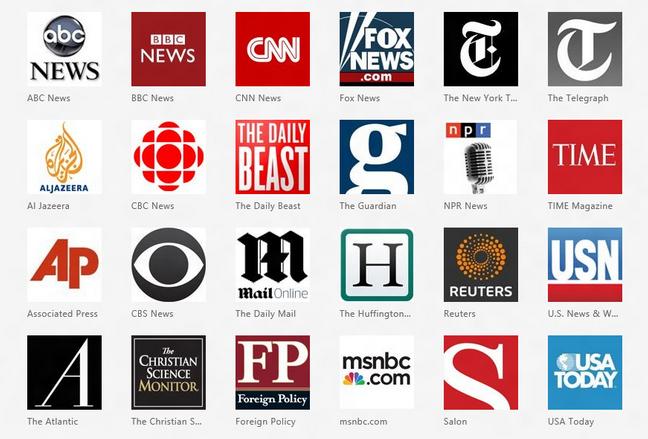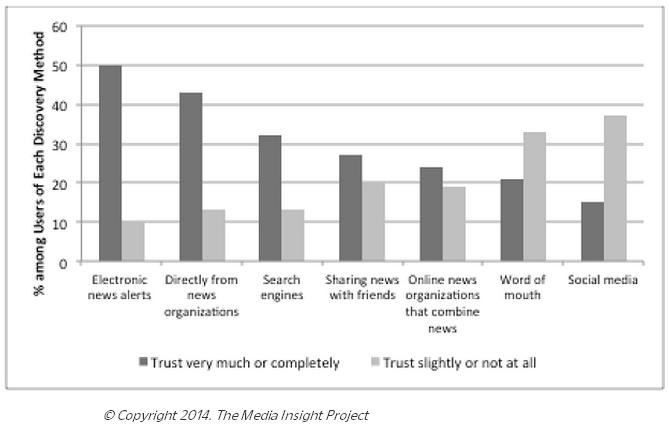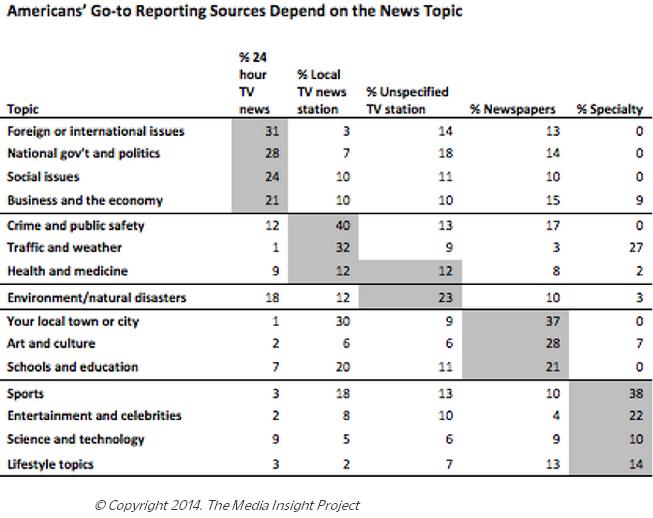Readers Don't Really Care What Organization They Get News From Anymore
2014.03.18

A new survey released by Media Insight Project, in a joint effort between the American Press Institute (API), the Associated Press, and NORC at the University of Chicago, found that readers on don't seem to really care what organization they're getting their news from, or what device format they're reading on.
It's the news itself that counts.
"The findings suggest the conventional wisdom holding that media consumption divides largely along generational or ideological lines is overstated," write the study's administrators in the abstract, "and that some long-held beliefs about people relying on a few primary sources for news are now obsolete."
For this research, 1,492 adults were surveyed over the phone about their media habits. The research indicates that nearly half of Americans with Internet access sign up for news alerts of some kind, and people with smartphones were "three times as likely to get news through social media as those without smart phones," and "twice as likely to use search engines and aggregators
for news."

What's interesting, though, is that the overwhelming majority of Americans have no problem relying on various information channels to get their news, even though conventional wisdom might suggest otherwise. Loyalty to a few primary sources just wasn't there anymore. "It's not like people just watch television, or go to a newspaper, or go to a website," Jennifer Agiesta, director of AP Polling, tells Fast Company. "The biggest lesson is that people are open to getting news in any way that happens to be convenient at that time."

As an example, social media isn't "replacing" traditional news outlets. Instead, they're new ways for news circulation, in a manner that wasn't available a decade ago. According to the findings, four in 10 Americans said they got their news from social media like Twitter and Facebook. But more than 80% said they also go directly to news organization websites for updates, too.
In other words, our current news landscape offers information at varying metabolisms, depending on what's required. And readers have no problem attenuating to this: They'll turn to local news for weather updates, Eater for restaurant recommendations, the New York Times for the debt crisis, and check Twitter for BuzzFeed posts in between. In the quote-unquote information economy, there appears to be plenty to go around."Even with new technology, the majority of Americans said they just love following the news," says Agiesta. "Even if they don't like paying for it."
More Articles
Copyright © Fooyoh.com All rights reserved.